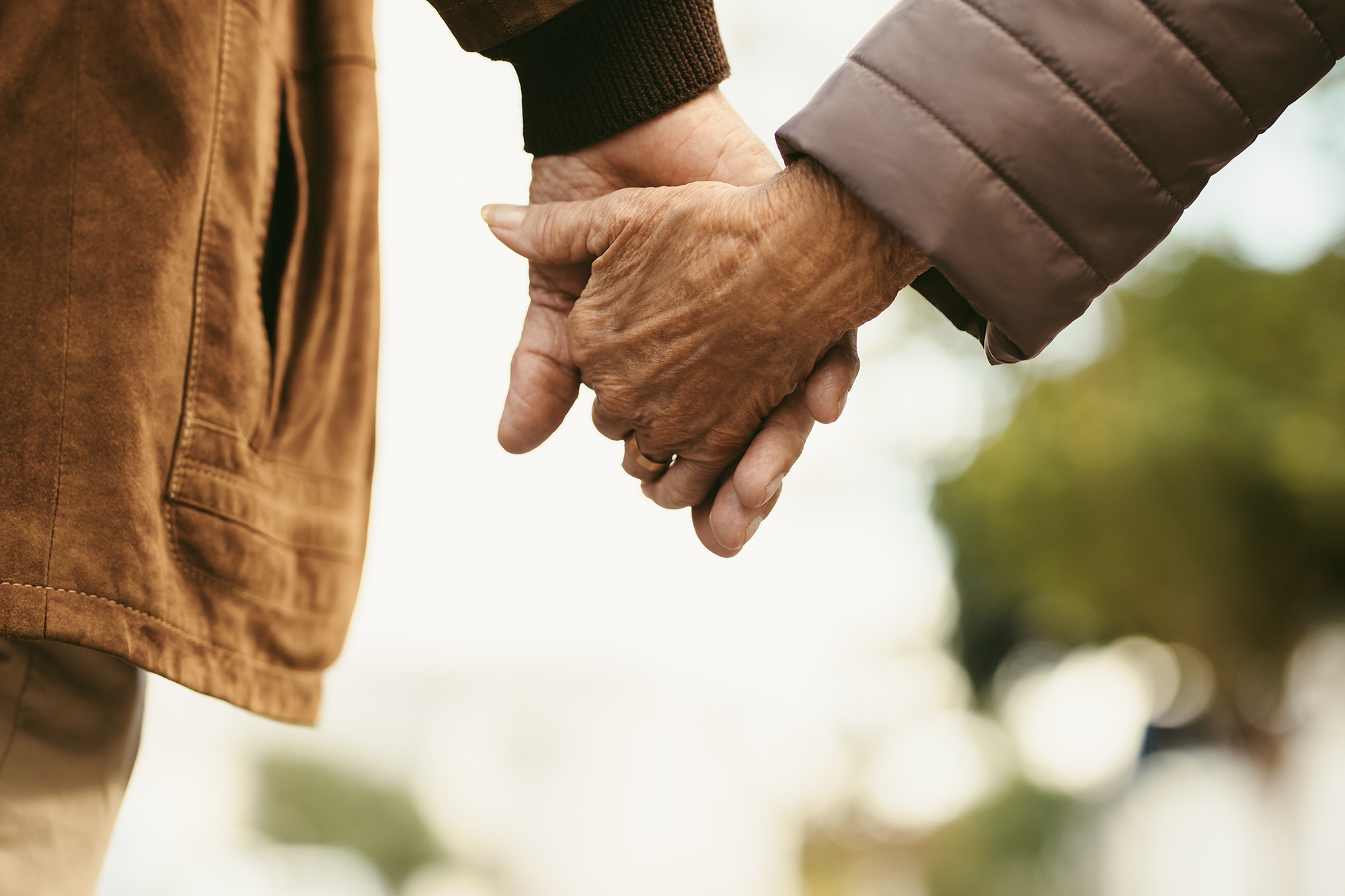Seasonal depression may seem like an all too abstract idea, however. You may be wondering, “How will the colder weather affect my loved one?” Here are the top 6 things to watch for:
1. CHRONIC DISORDERS BECOME MORE CHALLENGING
When you have chronic physical disorders, that alone can be depressing, but cold weather may increase the severity and frequency of depression. Asthma attacks become more of a problem, congestive obstructive pulmonary disease (COPD) acts up, it is harder to breathe, and indoor allergies are a bigger issue since more time is spent indoors.
Diabetics have a harder time controlling their blood sugar this time of year, arthritic swelling of the joints may increase, migraines become more severe with the dramatic temperature shifts, and there is a higher risk of heart attacks/strokes as colder weather can make it difficult for the heart to regulate body temperature and blood pressure.
Be sure your loved one lives in a comfortable home environment this cold season, and be sure you keep in contact and have an emergency response plan mapped out.
2. WEATHER-RELATED WEIGHT GAIN
Almost everyone tends to put on a few pounds during the fall and winter, but if it becomes excessive – it can be as depressing mentally as it is bad for you physically.
Staying indoors with little to do can cause boredom, which may make it easier to revert to bad habits – like overeating. Cold can also increase our appetites and trigger intense cravings for high-sugar, high-starch foods.
Ensuring your loved one has easy, daily access to a healthy and delicious diet can greatly reduce the risk of wintertime weight gain.
3. SEASONAL SLEEP PATTERN DISRUPTION
The lack of exposure to sunlight during winter can disrupt our circadian rhythms and our production of serotonin and melatonin, which help regulate when we wake up and go to sleep.
Lack of sleep and failure to follow a regular daily routine can give people a feeling of uneasiness and make them more tense (“one edge.”)
4. HIGH STRESS & MOOD SWINGS
In general, colder weather creates ideal conditions for claustrophobia – the feeling of “being trapped.” This can lead to stress and frequent mood swings.
Lower energy levels and being irritable can, in turn, lead to depression as people want to escape these conditions to better cope but cannot.
5. THE EFFECTS OF COLD & FLU SEASON
Illnesses, especially colds and the flu, become a much bigger threat during the fall and winter months. Getting sick often leads to feeling depressed, which keeps people from proactively doing all they can to mitigate and cure their illness.
Be sure your elderly loved one has immediate access to professional medical care this cold season.
6. DEPRESSION FROM LAGGING RELATIONSHIPS
Another effect of the weather that impacts depression levels is the tendency to let relationships suffer as it becomes more challenging to get out and visit people.
Make sure your loved one who needs assisted living resides in a place that allows frequent visits by friends and relatives. Also, don’t neglect to keep up communications via email, text, phone calls, and social media sites.
Looking for a great place for your loved one to live this fall and winter (and beyond) – somewhere where the cold’s emotional and physical impacts will be minimized? Try Park Central! Contact us today for a free consultation with a representative.


